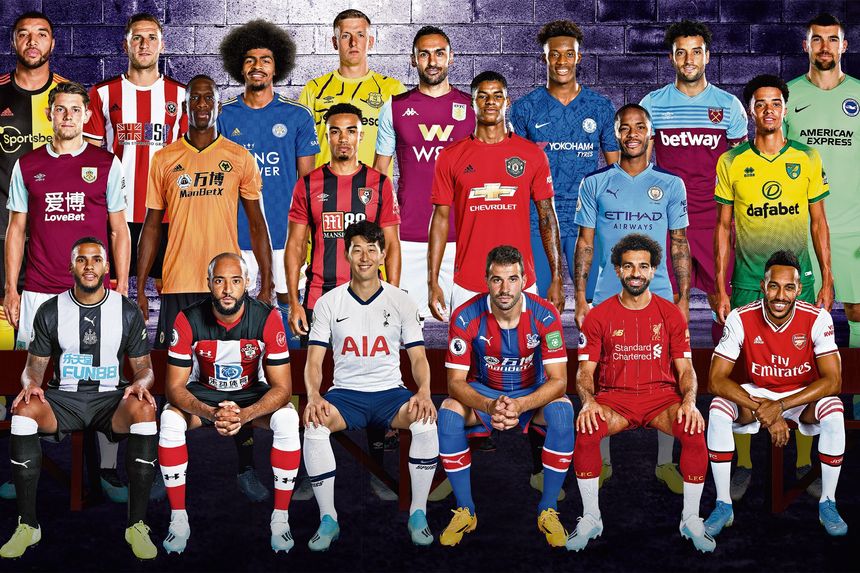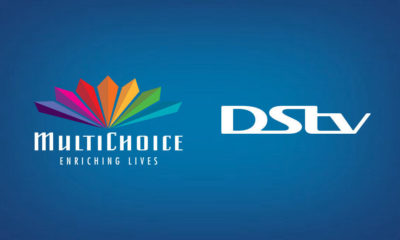- Analysis of Premier League’s Summer Transfer Dealings
The Premier League’s broadcast and TV rights ensured the spending powers of its clubs over the course of the summer were fully felt and a lot of business was done in what was a very active transfer window.
The Premier League donned out an astonishing £1.4 billion in player recruitment as 115 players settled into new Premier League surroundings.
The pick of the bunch was Harry Maguire, as Manchester United’s search for a commanding presence at the back led to them splashing out an incredible £80m on the England international. Arsenal surprised fans and created a new buzz of optimism among them with the acquisition of Nicolas Pepe, Lille pocketing a grand £72m for a player involved in over 30 goals last season.
Tottenham infamously failed to sign a single player in the last two transfer windows but were not messing around this time, Daniel Levy and co-sanctioning the purchase of £63m midfield powerhouse Tanguy Ndombele from French side Lyon while Pep Guardiola and Manchester City’s lust for continental success required the extra acquisitions of midfield lynchpin Rodri from Atletico Madrid for £62.5m and the procurement of right back Cancelo for £60m from Italian giants Juventus rounding off the most expensive deals of the summer transfer window.
In total amount of money spent, Manchester United once again top the lot, their bid to return to England’s top table leading to the splurge of a grand total £148m on Harry Maguire, left back Aaron Wan-Bissaka (£50m from Crystal Palace) and Welsh winger Daniel James (£18m from Swansea). Premier league new boys Aston Vila spent the next most, acquiring 12 players for a total outlay of £144.5m in a titanic bid to stay afloat in the Premier League.
Four other clubs surpassed the £100m mark. Arsenal must consider themselves good enough to challenge for top honors this season after spending a grand total £138m on Pepe, £27m on William Saliba, (who they signed and loaned back to Saint Etienne for a season), Gabriel Martinelli for £6m, Dani Ceballos who they acquired on loan from Real Madrid and deadline day arrivals David Luiz (£8m) and Kieran Tierny (£25m) acquired from Chelsea and Celtic respectively.
Up next, Manchester City. As expected, the Citizen bolstered their squad once again after falling short in the Champions league quarter finals by spending £134.8m on Rodri, Joao Cancelo, as well as the signing of Zackary Steffen for £7m and exercising their buy back clause in signing Angelino from PSV for a meagre £5.3m.
Expectations and pressure must be high at Goddison Park this season after Everton splashed a stupendous £118.5m on Moise Kean (27.5m), Jean-Phillipe Gbamin (£25m), Fabian Delph (£9m), acquiring Andre Gomes in a permanent deal from Barca for £22m and deadline day deal of Alex Iwobi for a reported £35m.
Tottenham compensated for a two window no-show by utilizing just over £100m in the dealings for Ndombele, Jack Clarke (£8.5m) and deadline day signing of Ryan Sessegnon from Fulham for £30m and loan signing of Argentine midfielder, Giovanni Lo Celso from Real Betis.
Spending of other clubs in descending order are Leicester (£91m), West Ham (£78m), Newcastle and Wolves both spent £65m each, Brighton (£58.5m), Southampton (£50m), Bournemouth (£45.7m), Watford (£45.5m), Sheffield United (£43m). Chelsea’s transfer ban meant thy could only spend £40m in turning Mateo Kovacic’s loan into a permanent move. Burnley and Crystal Palace are behind them, having spent £15m and £11m respectively.
Liverpool’s decision to bolster their Champions league winning squad with just a total £4.4m outlay would surely be tested as the season progresses while Norwich prop up the table having spent next to nothing, the Canaries having total faith in the side that won the Championship and got them into the big time, with just £1.1m spent.
In terms of outgoings, the Premier League recouped £806.5m from player sales with 291 players sold against £359m cash influx gotten in 2018.
Chelsea top the list of gainers, Eden Hazard’s sale to Real Madrid bringing in £130m and Alvaro Morata’s loan was made permanent by Atletico for £58.3m.
Leicester are next, receiving £80m from Manchester United in a world-record fee for a defender for Harry Maguire’s move, United themselves recouping £74m from player sales. Others include Everton (£60m), Manchester City (£58.1m), Arsenal (£55.5m), Crystal Palace (£50m), Bournemouth (£36.5m), West Ham (£33.25m), Newcastle (£31.7m), Tottenham (£29.7m), Liverpool (£28.82m), Southampton (£26m), Watford (£18.2m), Burnley (£8.5m) and Wolves receiving £3m in player fees.
Dan Jones, a partner Sports Business Group at Deloitte feels that with this level of net spend and the Premier League broadcast right values, wages would increase at a greater rate than revenue, returning a wages to revenue ratio of over 60%.
He said “But this does not signal major financial concerns because Premier League clubs collectively generated pre-tax profits of £426m in 2017-18, while net spend as a proportion of revenue of 12% is at its lowest since 2012.”
Deloitte has, however, predicted that La Liga clubs could still overtake the total money spent by the Premier League as their total spending currently sits at £1.1bn with Real Madrid, Barcelona and Atletico Madrid responsible for as much as two thirds of that figure alone. With the Spanish transfer window not closing until September 2 and Barca’s persistent interest and pursuit of Neymar, they could be well on their way to shattering that record figure.


 Forex2 weeks ago
Forex2 weeks ago


 Naira1 week ago
Naira1 week ago
 Naira4 weeks ago
Naira4 weeks ago
 Company News4 weeks ago
Company News4 weeks ago
 Billionaire Watch1 week ago
Billionaire Watch1 week ago




 Naira2 weeks ago
Naira2 weeks ago




 Naira3 weeks ago
Naira3 weeks ago




 Naira1 week ago
Naira1 week ago





















